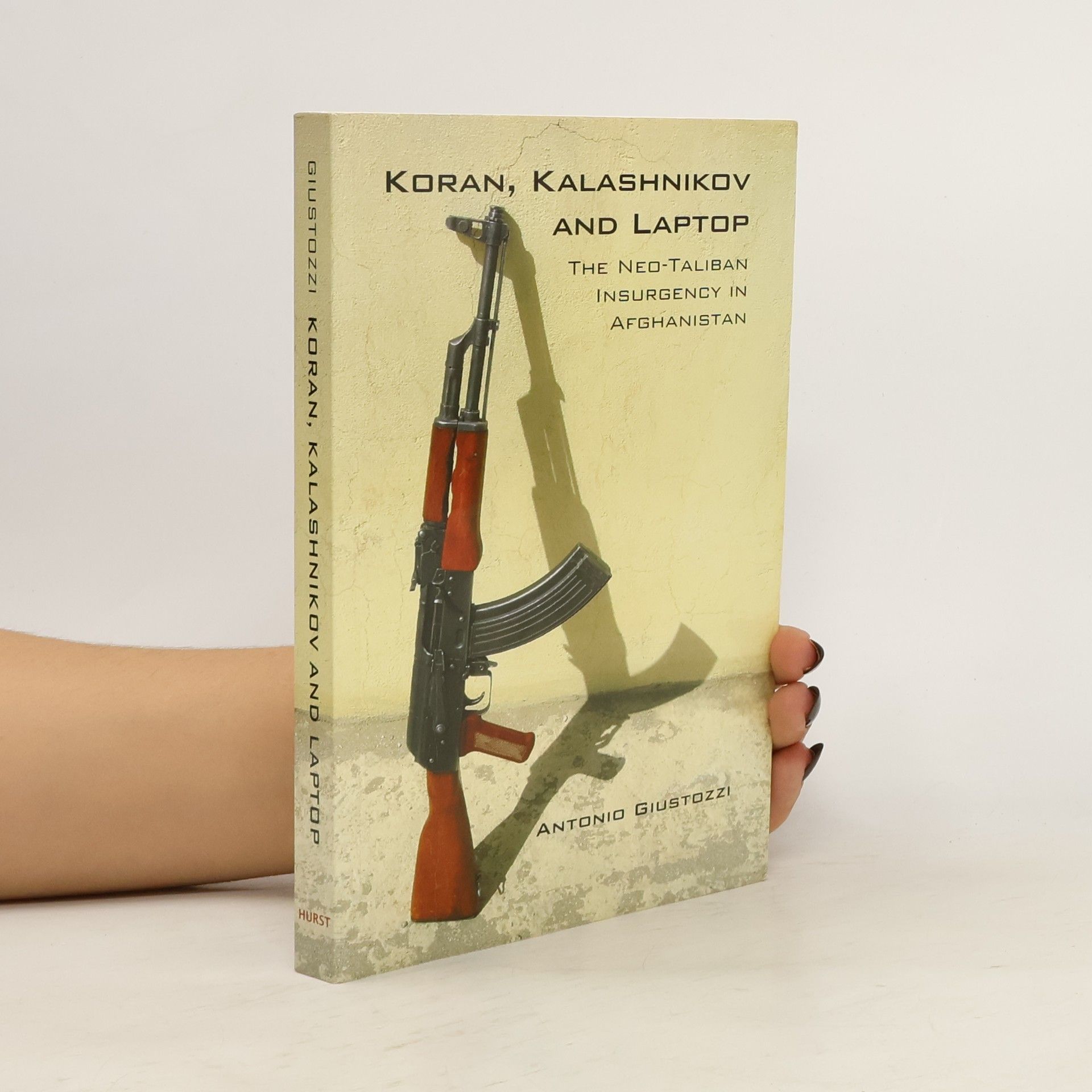Analyses how Islamic State hopes to establish a new bulwark in Central Asia and Pakistan, supplanting Al-Qaeda in Afghanistan
Antonio Giustozzi Bücher




How does the Taliban wage war? How has its war changed over time? Firstly, the movement's extraordinary military operation relies on financial backing. This volume analyses such funding. The Taliban's external sources of support include foreign governments and non-state groups, both of which have affected the Taliban's military campaigns and internal politics. Secondly, this is the first full-length study of the Taliban to acknowledge and discuss in detail the movement's polycentric character. Here not only the Quetta Shura, but also the Haqqani Network and the Taliban's other centres of power, are afforded the attention they deserve. The Taliban at War is based on extensive field research, including hundreds of interviews with Taliban members at all levels of the organisation, community elders in Taliban-controlled areas, and other sources. It covers the Taliban insurgency from its first manifestations in 2002 up to the end of 2015. The five-month Battle of Kunduz epitomised the ongoing transition of the Taliban from an insurgent group to a more conventional military force, intent on fighting a protracted civil war. In this latest book, renowned Afghanistan expert Antonio Giustozzi rounds off his twenty years of studying the Taliban with an authoritative study detailing the evolution of its formidable military machine.
Koran, Kalashnikov and Laptop
The Neo-Taliban Insurgency in Afghanistan
Announcements of an impending victory over the Taliban have been repeated ad nauseam since the Allied invasion of Afghanistan in 2002, particularly after the Presidential elections of 2004, which were said to have marked the 'moral and psychological defeat of the Taliban'. In moments of triumphalism, some commentators claimed that 'reconstruction and development' had won over the population, despite much criticism of the meagre distribution of aid, the lack of 'nation-building' and corruption among Kabul's elite. In March 2006, both Afghan and American officials were still claiming, just before a series of particularly ferocious clashes, that 'the Taliban are no longer able to fight large battles'. Later that year, the mood in the mass media had turned to one of defeatism, even of impending catastrophe. In reality, as early as 2003-5 there was a growing body of evidence that cast doubt on the official interpretation of the conflict. Rather than there having been a '2006 surprise', Giustozzi argues that the Neo-Taliban insurgency had put down strong roots in Afghanistan as early as 2003, a phenomenon he investigates in this timely and thought-provoking book.
Jihadism in Pakistan
- 256 Seiten
- 9 Lesestunden
Pakistan is host to the largest concentration of jihadist groups in the world. Since the 1980s, the Pakistani state has been accused of sponsoring local jihadist groups and sending Pakistani volunteers to support them. This book is based on almost 114 interviews, conducted mainly in Urdu and Pashto, from within Al-Qaeda and affiliated jihadist groups. It examines the relationship between the Pakistani security agencies and Al-Qaeda, and how they both became entangled and used by the local jihadists they were themselves trying to exploit. The interviews paint a picture of the shifting strategies and priorities of the different jihadi groups in the early 21st century, covering their ideological objectives, their agreements and disagreements over tactics, as well as pressure from rival militant groups and internal factionalism. The book is the most in-depth study of jihadism in Pakistan, and Antonio Giustozzi highlights the strategies global jihadists deployed after 9/11 and how Al-Qaeda tried to manage the largest jihadist group in Pakistan, the Tehrik Taliban Pakistan (TTP). The book also covers other key issues in South Asian security, such as the impact of Islamic State on Al Qaeda's power after 2014, why Al-Qaeda continue to back the TTP, and what is happening with the groups focused on taking jihad to Kashmir and India.